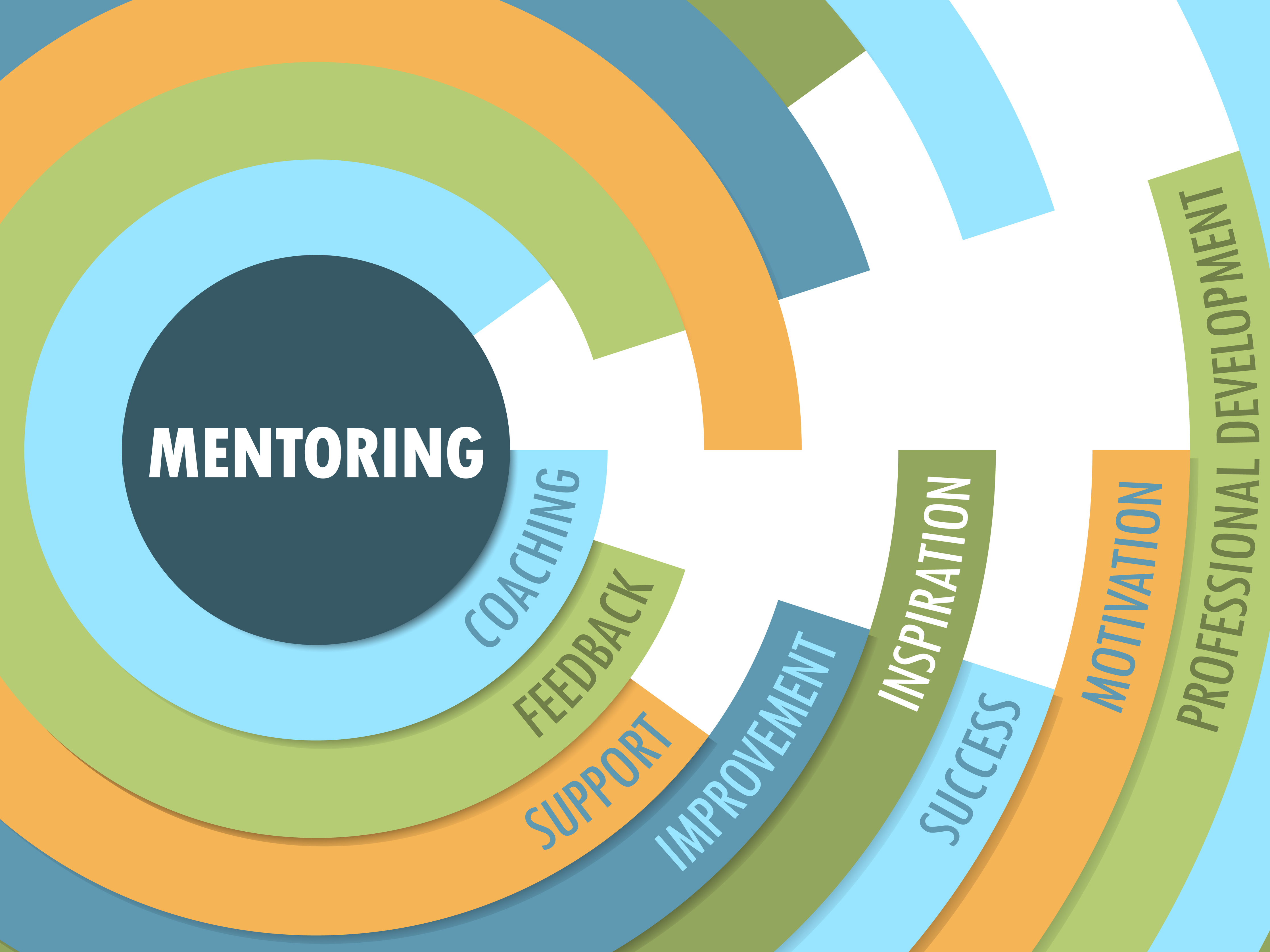Mentoring and DEI Philosophy
 My mentoring philosophy is grounded in three basic tenets: (i) High expectations; (ii) open communication; and (iii) the knowledge that I can benefit and learn as much from the relationship as my mentees. I am exceptionally proud of the collegial and supportive atmosphere in the lab as well as the exceptional scientific achievements of my trainees.
My mentoring philosophy is grounded in three basic tenets: (i) High expectations; (ii) open communication; and (iii) the knowledge that I can benefit and learn as much from the relationship as my mentees. I am exceptionally proud of the collegial and supportive atmosphere in the lab as well as the exceptional scientific achievements of my trainees.
I have high expectations from each of my team members and believe that each and every member can achieve them regardless of their previous training background. To meet these expectations, I give my students as much support as I can: my door is always open and everyone can walk in at any time; I frequently spend a couple of hours pouring over experiments with an individual student to trouble shoot, and in that process try to teach them how to go about this critical (but challenging) process. I even sometimes work with them in the lab, to show them a procedure, or try to figure out where things are going wrong, or just help them overcome fear; similarly, we spend extensive time when it comes to preparing for candidacy meetings, or public talks. Finally, I also give them room to grow; people in my lab generally have their own projects where they can make progress at their own speed.
I strongly believe that everyone wants to do a good job. No one sets out to be unsuccessful, or unproductive, as that does not make us feel good. Instead, people thrive on success and the feeling that they contribute. My job in this relationship is to provide them with the tools to success. Because this is more easily done than said, communication is critical. I have had annual review meetings with my students ever since I started my lab. These are structured meetings that touch on long-term (career) and short-term goals, and explicitly elicit the perspective of the trainee. Not just on my mentorship, but also on how they view their progress. This avoids an adversarial conversation, and instead lets us work as a team to figure out what is standing between them and what they are trying to achieve. Beyond these annual meetings, it is important to tell my mentees when they are doing a great job (one of the most fun things to do!), but also explaining to them where the effort that they are expending does not produce the results we are seeking. Because we work as a team, I view lack of progress is much a reflection on my shortcomings as a mentor as theirs.
I have recognized over the years that I have learned as much from my mentees as they have from me. Sometimes, these are great ideas in the lab; sometimes it is a better way of framing a question or a story; and nearly always because by their teaching me about themselves, I learn more about myself. Thus, I try to foster an environment, where everyone feels comfortable in voicing their opinions, questions, concerns, and worries, but also their passions and excitement. When students have questions, or make suggestions, I always listen carefully because I have learned the value of these questions, both on their own merit but also for the students’ growing confidence. I give my trainees room to explore an idea, either in their head, or on the board/paper, via a literature search, or in the lab. This process not only makes for a really fun environment, it also helps us all do the best science that we can do.